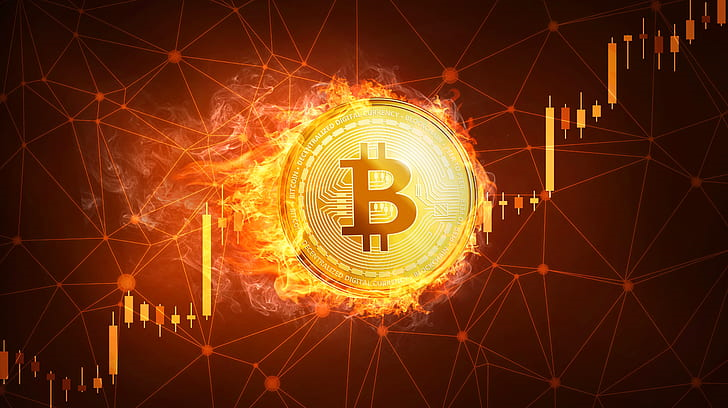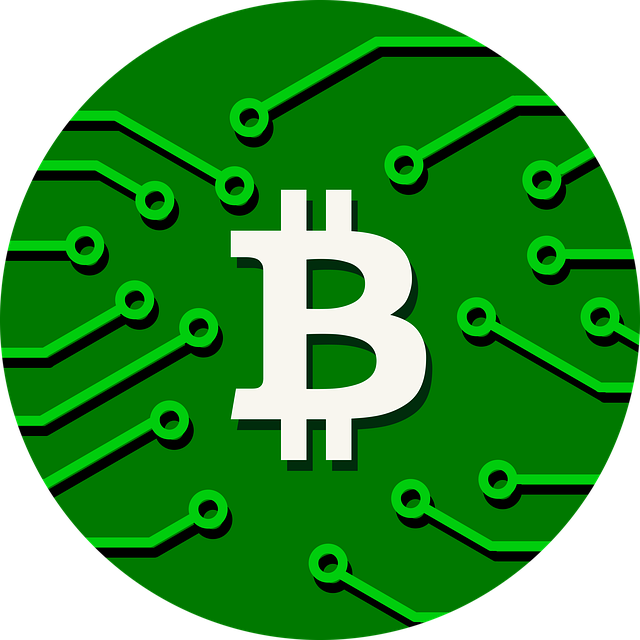
South Korea to Announce Strict Rules on Digital Assets, Here’s All
The impending entry into force of the Korean Virtual Asset Users Protection Act heralds a significant shift in regulatory oversight of South Korea’s digital asset landscape. This legislation aims to impose strict regulations on companies issuing non-fungible tokens (NFTs), which are classified as virtual assets.
The law, which specifically targets NFTs with features such as comprehensive issuance, divisibility and usability as a means of payment, aims to increase surveillance and protection in the developing NFT market. The legislation aims to promote greater transparency and compliance among entities involved in digital asset transactions by requiring businesses to report their activities to regulatory authorities.
Detailed Guide and Application of the Law
The enactment of the Virtual Asset User Protection Act on July 19 will usher in a new era of regulatory clarity surrounding non-fungible tokens (NFTs) in South Korea. The Financial Services Commission recently issued comprehensive guidelines defining criteria for classifying NFTs as virtual assets.
NFTs traded for content aggregation purposes are excluded from the scope of virtual assets, while those that exhibit security characteristics or serve as means of payment are subject to regulatory scrutiny. The guidelines stipulate various parameters to determine the virtual asset status of NFTs, including issuance scale, divisibility and utility in transactions. Additionally, the law requires operators issuing NFTs that meet virtual asset criteria to report their activities to regulatory authorities and ensure compliance with the regulatory framework.
So read: solana v1.18.15 Preparing for Mainnet Upgrade, Will SOL Price Rise to $250?
Compliance and Reporting Obligations of NFT Operators
With the publication of comprehensive guidelines, operators involved in the distribution and processing of NFTs face a pivotal moment in regulatory compliance. The first step involves a comprehensive evaluation to determine whether the NFTs in question meet the criteria to be classified as virtual assets.
If an NFT falls within this definition, operators must review their business activities to determine whether they include the buying, selling, clearing, transfer, storage, brokerage or brokerage of NFT transactions as specified in the Private Financial Information Act. Failure to report activities such as virtual asset operations may result in criminal penalties. Operators facing uncertainty regarding the classification of NFTs are encouraged to seek guidance from financial authorities, with future examples to clarify decision criteria for individual cases.
So read: Wintermute Moved $12 Million ARB to Binance, Here’s Why?
✓ Share:
parofix consists of an experienced team of local content writers and editors who work around the clock to cover the news globally and present the news as a fact rather than an opinion. parofix writers and reporters contributed to this article.
The content presented may contain the personal opinion of the author and is subject to market conditions. Do your market research before investing in cryptocurrencies. Neither the author nor the publication accepts any liability for your personal financial loss.

#South #Korea #Announce #Strict #Rules #Digital #Assets #Heres

